With Wildlife Crimes Increasing, Perhilitan To Carry Out Preventive Efforts Despite MCO
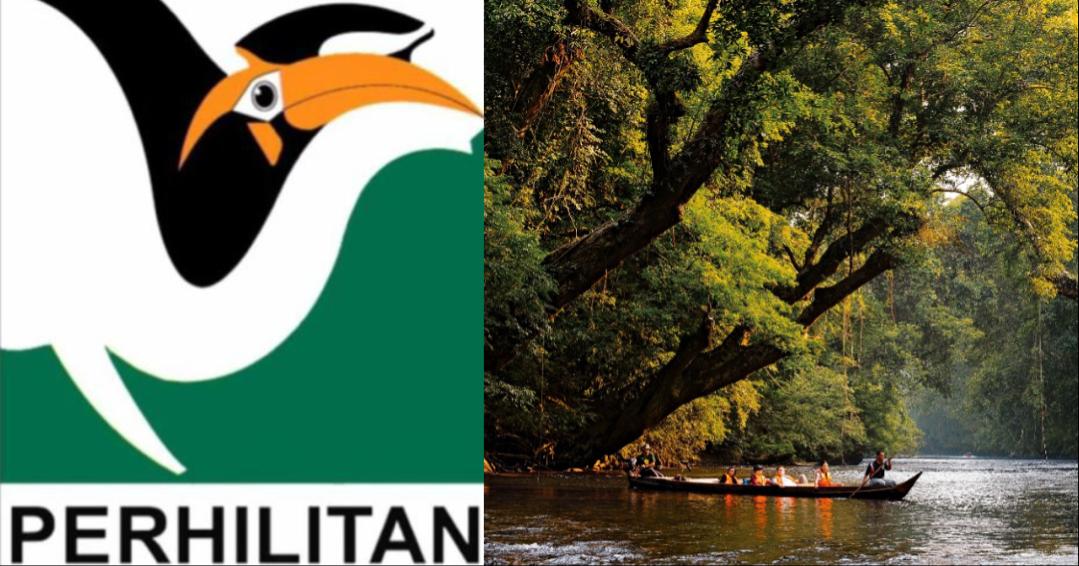 Thirsty for JUICE content? Quench your cravings on our Instagram, TikTok and WhatsApp
Thirsty for JUICE content? Quench your cravings on our Instagram, TikTok and WhatsApp

Due to the movement control order last year, there had been a significant drop in wildlife crimes compared to previous years.
In the past few months however, the crime toll has slowly resurged and Department of Wildlife and National Parks (Perhilitan) is keeping their eyes open to protect the animals.
Speaking to Sunday Star, Perhilitan director-general Datuk Abdul Kadir Abu Hashim said, “We will continue to fight crimes against wildlife to protect these animals, which are our national treasures.”
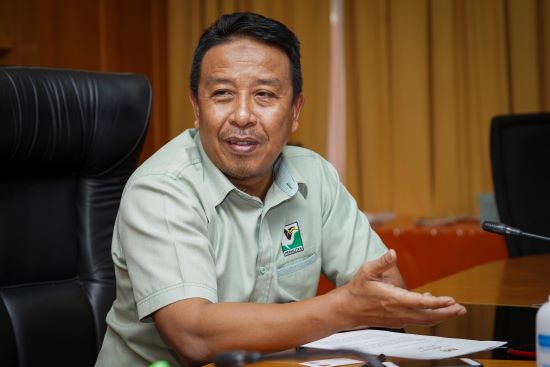
Perhilitan has partnered with the Customs Department to put a stop to wildlife crimes and will be focusing at airports, shipping ports and the country’s borders, even during MCO.
“The department, together with other enforcement agencies and non-governmental organisations (NGOs), will continuously have joint operations.
A total of 44 wildlife crimes were recorded between January and April this year where 39 of the cases involved protected wildlife being kept illegally or without certified permits from Perhilitan.
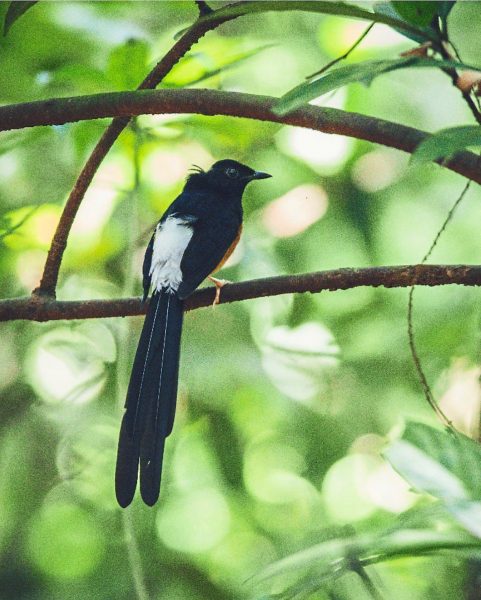
Among the crimes reported this year includes two attempts to transport 110 white-rumped shama birds, 71 gamefowl, 1,000 Oriental magpie-robin (murai kampung) and one case involving illegal wildlife trading and another about encroachment on protected areas.
“Most of the animals in these cases are bird species such as white-rumped shama (murai batu), blue-rumped parrots (bayan puling) eagles and jungle fowls.
“Others include mammals like Asian leopard cats, Sumatran serows and bears while some offenders kept elephant tusks illegally,” Abdul Kadir said.
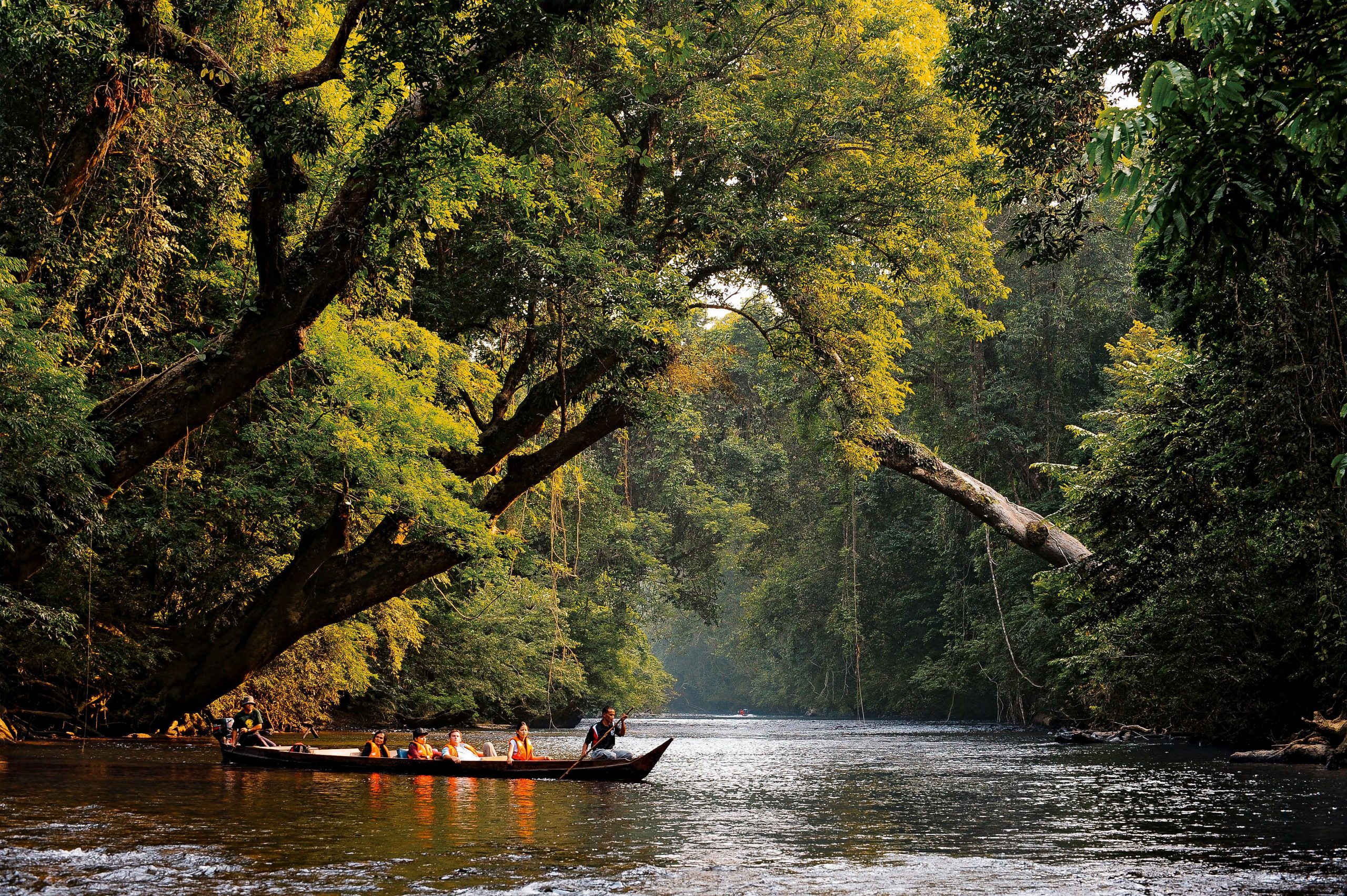
Abdul Kadir also said that the department has been tasked to help conserve protected areas in Malaysia like Taman Negara national park in states like Pahang, Terengganu, Kelantan and Penang and other wildlife sanctuaries.
“Overall, there are 40 protected areas, spanning 662,890 hectares in Peninsular Malaysia.
“Besides being natural wildlife habitats, such areas also serve as a source for research, education, economy, recreation and the conservation of the ecological function of wildlife for generations to come.”
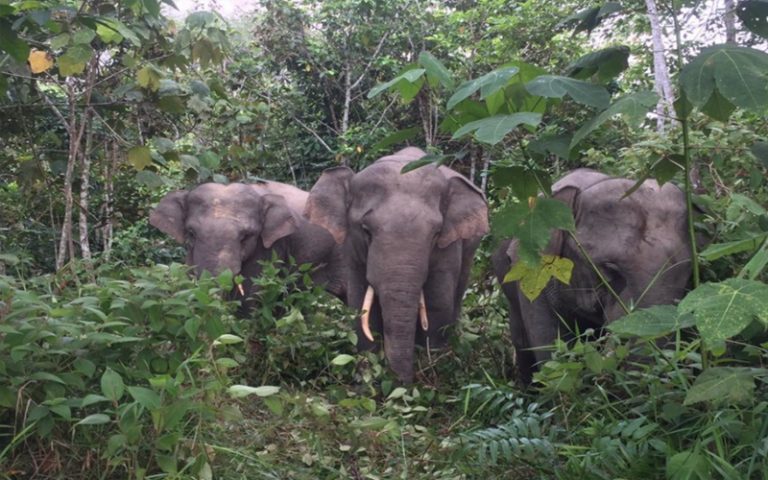
Malaysian Wildlife Conservation Foundation director Datuk Dr Dionysius Sharma said the main factor of the decreased crimes was due to the strict enforcement of the first MCO.
“Additionally, the incidences of people coming into contact with wild animals would have been greatly reduced and hence a reduction in human wildlife conflicts, especially in areas of contact between agriculture and forests.”
He said that the spike in wildlife crimes this year was also caused by the less stricter MCO causing people who have lost jobs to resort to illegal hunting and participate in wildlife trading as their only means of income.
“Sadly, some that live in and around agriculture-forest contact settings may have resorted to illegally hunting and trapping wild animals for sale, as a source of income,” he said.


 Get Audio+
Get Audio+ Hot FM
Hot FM Kool 101
Kool 101 Eight FM
Eight FM Fly FM
Fly FM Molek FM
Molek FM

